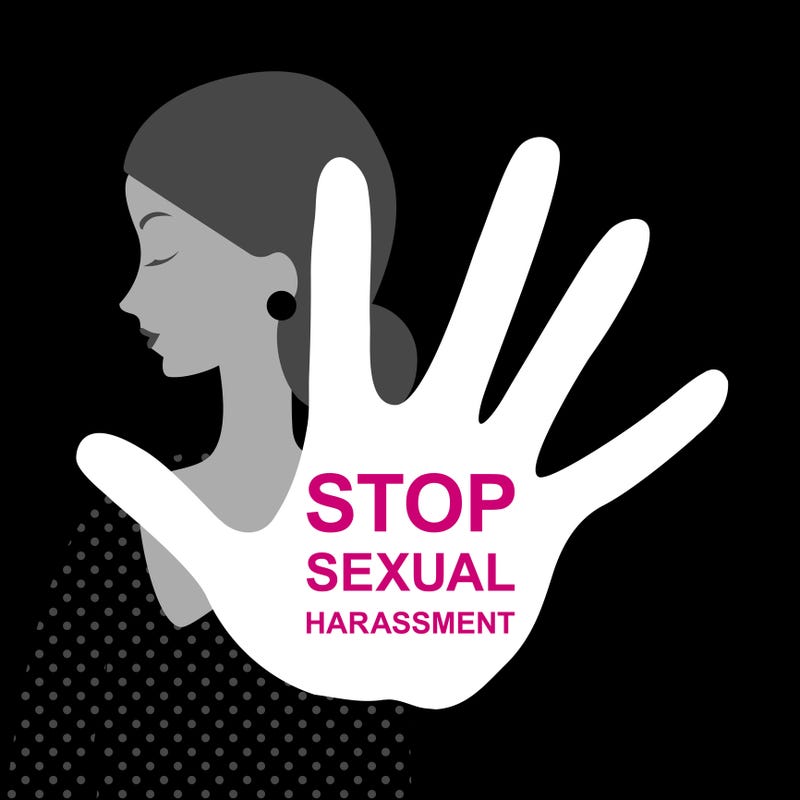
ST. LOUIS (KMOX) - Missouri State Sen. Mike Moon (R-Ash Grove) is proposing a new bill that would grant survivors and victims of abuse lifetime protection from their perpetrators.
Senate Bill 869 is an act that provides court jurisdiction at the time of sentencing to enter a lifetime protection order. This order would restrain defendants from contacting victims if they are found guilty of dangerous felonies, like sodomy or rape.
Only if the victim dies, the conviction is dismissed, or the victim submits a request to terminate will a lifetime order be dropped.
Samantha Wayant is the Community Engagement Manager at YWCA, nonprofit whose goal is to eliminate racism, empower women, and promote peace, justice, freedom, and dignity. She said a bill like this would take power away from the abuser, while relieving some responsibility from the victims.
"[Abusers] should not have the right to ever have to contact their victim. Victims and survivors shouldn't have to worry about this moving forward, you know, in life... they shouldn't have to put this on themselves," Wayant said.
Wayant mentioned that with restraining orders today, victims and survivors have to renew the order if they want consistent protection. But Wayant said victims are then having to explain their stories over and over, which can be traumatic.
"And that is talking in an open courtroom about what has happened you, one of the worst days of your life, and you're talking about details," Wayant said. "So we can reduce down the amount of times someone has to say, 'this is one of the worst things that's happened to me.'"
Typical restraining orders can work for some victims, but Wayant mentions that not everything is covered under the political language of a restraining order.
"They have coercion, harassments, you know, but what about the financial abuse that goes on. What about the verbal abuse that folks are experiencing, and going on the day in and day out," Wayant said.
The language of these bills, Wayant said, can sometimes create a gap. This can be from the differences in definitions of abuse from an advocacy standpoint versus legal jargon.
"There's always going to be some folks who aren't covered under this. So this is looking at what those definitions are," Wayant said. "Does this cover every victim of a sexual assault? Does this cover every victim of domestic violence? No, it depends on what their sentencing is."
Wayant also made the distinction that some victims or survivors choose to have an order of protection. But in other cases, these orders could escalate situations. Wayant said although each victim experiences abuse differently, a choice like this is a step in the right direction.
"Having that [choice] so this is one less thing that is placed upon victims and survivors to move forward in helping them, that is a wonderful thing," Wayant said.
